US Supreme Court: Oklahoma can prosecute crimes committed against Native Americans on tribal territory
JURIST
JUNE 29, 2022
The US Supreme Court Wednesday ruled that the state of Oklahoma can prosecute non-Native Americans who commit crimes against Native Americans on tribal territory. Castro-Huerta appealed the ruling to the Oklahoma Court of Criminal Appeals, which vacated his conviction as a result of McGirt.

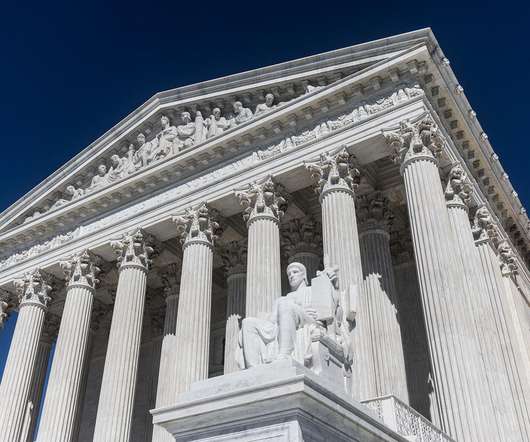
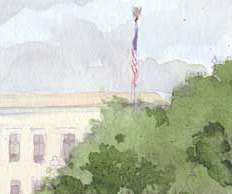
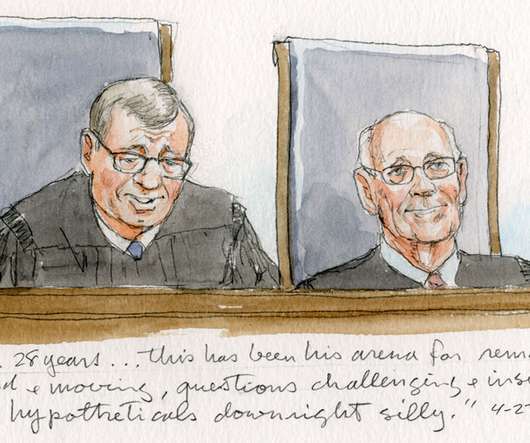
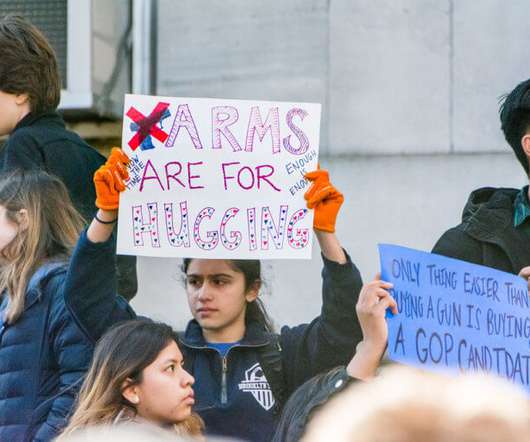
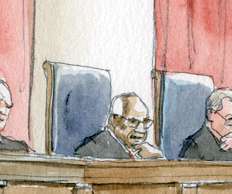
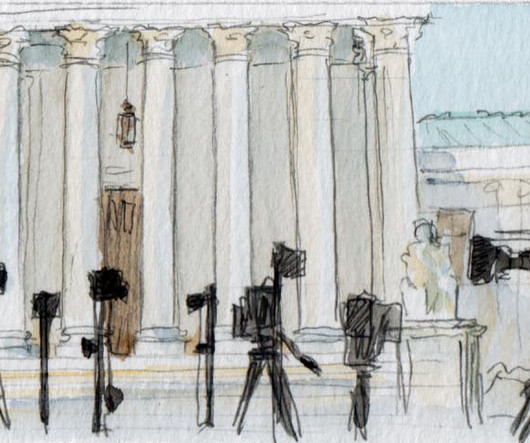
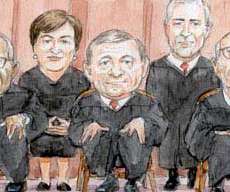


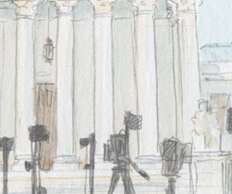









Let's personalize your content